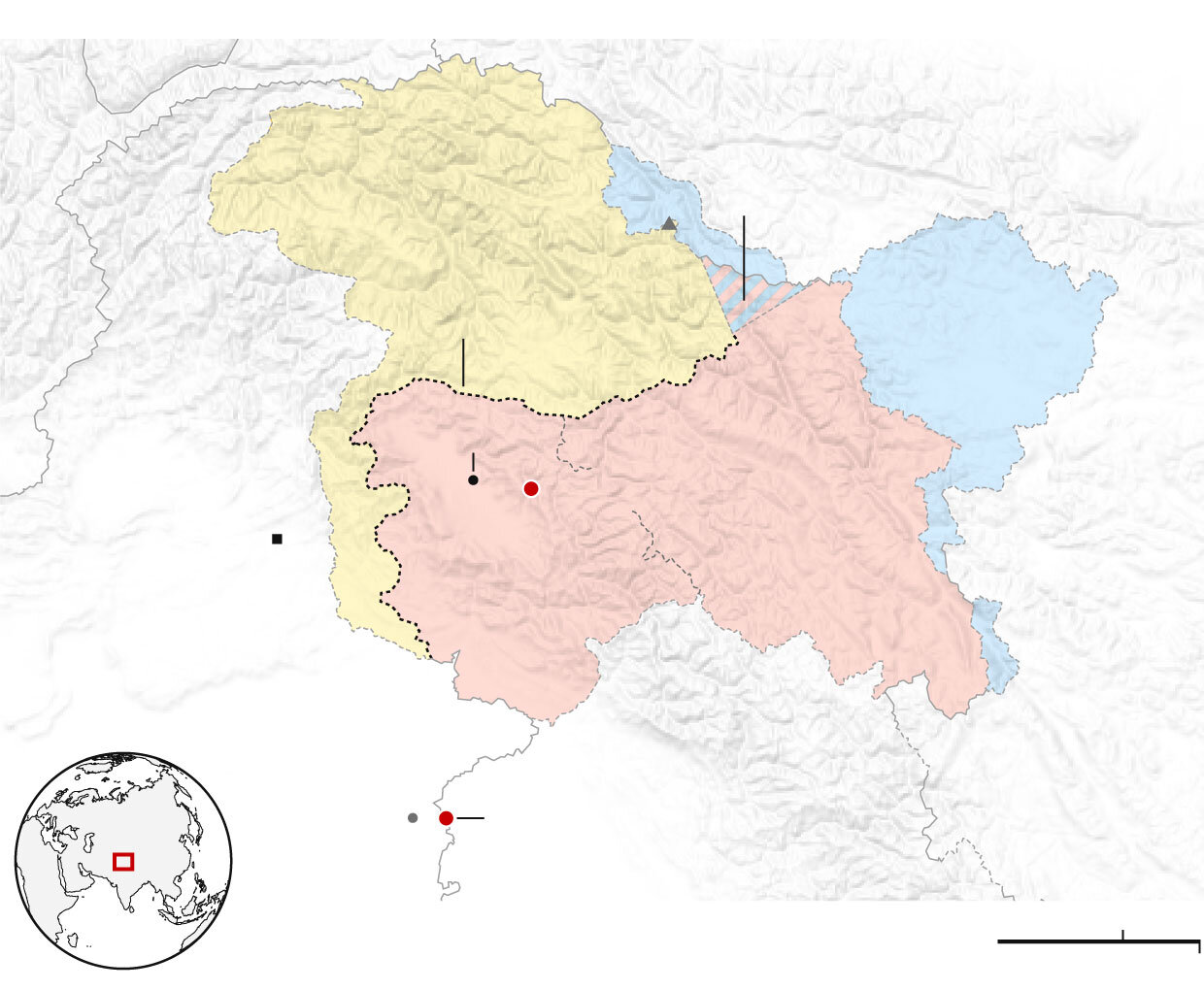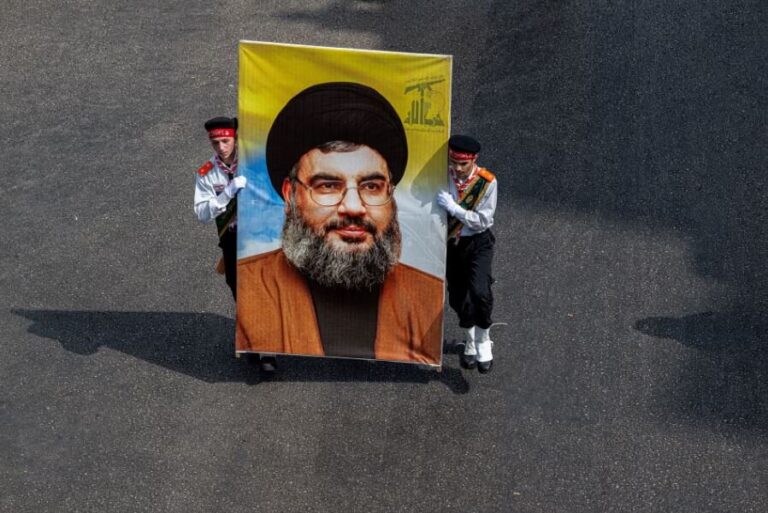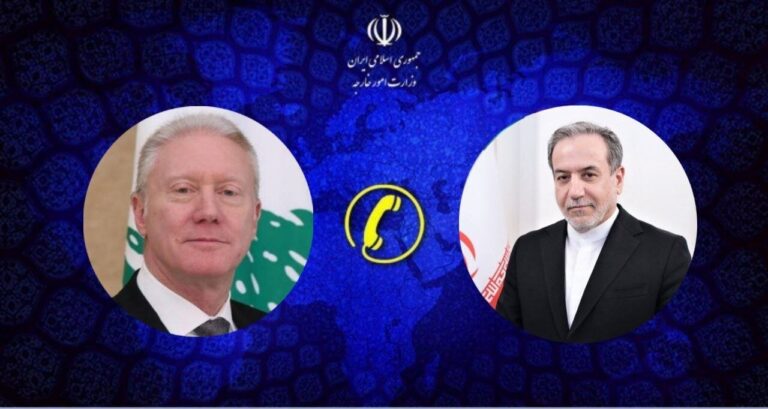Escalating Tensions: India and Pakistan Clash Over Kashmir Attack
Recent events have significantly heightened tensions between India and Pakistan, particularly after the tragic loss of 25 Indian tourists and a Nepalese citizen in the contentious Kashmir region. This incident has sparked fears of a potential return to conflict, especially with allegations of militant involvement from the newly emerged group, the Resistance Front.
The Resistance Front has claimed responsibility for the attack, which India has quickly associated with Pakistan, despite not presenting public evidence to support this claim. Pakistan, on its part, has firmly denied any involvement in the incident.
In response to the attack, India has imposed a series of punitive measures aimed at Pakistan, which include:
- Downgrading diplomatic ties: India has reduced its diplomatic engagement with Pakistan, reflecting the severity of the situation.
- Suspending water-sharing treaties: The suspension of a crucial water-sharing agreement has raised alarms about the potential humanitarian impact.
- Revoking visas: All visas issued to Pakistani nationals have been revoked, further isolating Pakistan diplomatically.
In retaliation, Pakistan has taken significant countermeasures, including:
- Closing airspace: Pakistan has closed its airspace to all Indian-owned or operated airlines, which could disrupt regional travel and trade.
- Suspending trade: All trade with India has been halted, including goods transported through third countries, aiming to exert economic pressure.
The backdrop to this escalating conflict can be traced back to 2019 when Prime Minister Narendra Modi’s government enacted a severe security crackdown in Indian-administered Kashmir. This included the revocation of the region’s special status, which had granted it a degree of autonomy since 1949. While many in India viewed this move as fulfilling a longstanding promise, it incited anger among many in Kashmir.
Since the revocation, the region has seen a complex interplay of repression and insurgent violence. The introduction of new regulations allowing outsiders to purchase land in Kashmir has raised fears of demographic changes, as many believe this could lead to the displacement of local populations. The Bharatiya Janata Party (BJP) has been accused of attempting to alter the region’s demographic balance through these policies.
Under the prior special status, Kashmir could define its own permanent residents, effectively preventing outsiders from securing jobs, scholarships, or land ownership. However, the new domicile laws have broadened eligibility criteria, stirring accusations that India is attempting to alter the region’s demographic composition. The Resistance Front cited these grievances when it claimed responsibility for the recent attack.
India’s decision to suspend the Indus Waters Treaty, originally established in 1964, marks a significant escalation in tensions. This treaty, which has remained intact through various crises, is one of the world’s most effective water-sharing agreements and is essential for both countries, particularly for Pakistan’s agricultural sector, which relies heavily on the Indus river system for irrigation.
Pakistan has expressed that any disruption in water flow stemming from this treaty would be considered “an act of war,” underscoring the potential for conflict escalation. The implications of such a move could be dire, not only for bilateral relations but also for the stability of the region.
In conclusion, the ongoing tensions between India and Pakistan are a reflection of deep-rooted historical, political, and territorial disputes that continue to impact the lives of millions. As both nations navigate this precarious situation, the international community watches closely, hoping for a resolution that prioritizes peace and stability in the region.
Source: The Guardian






